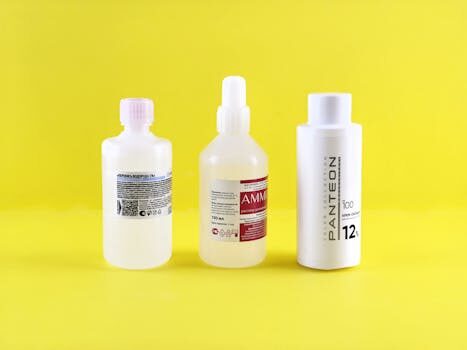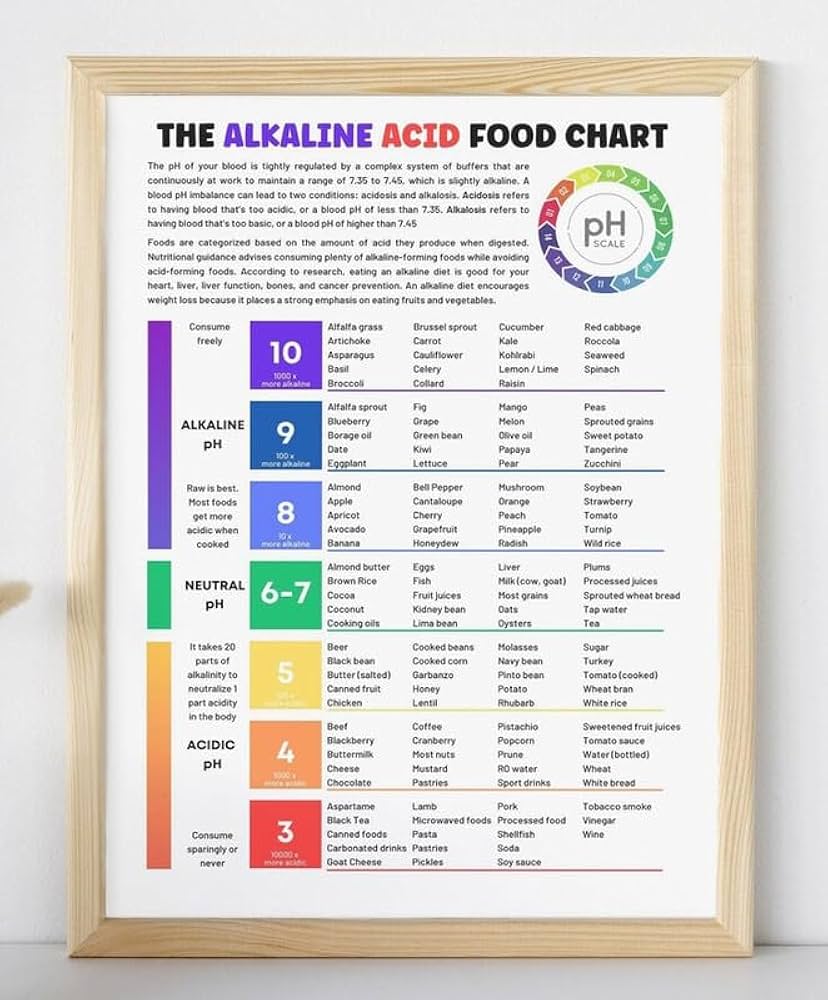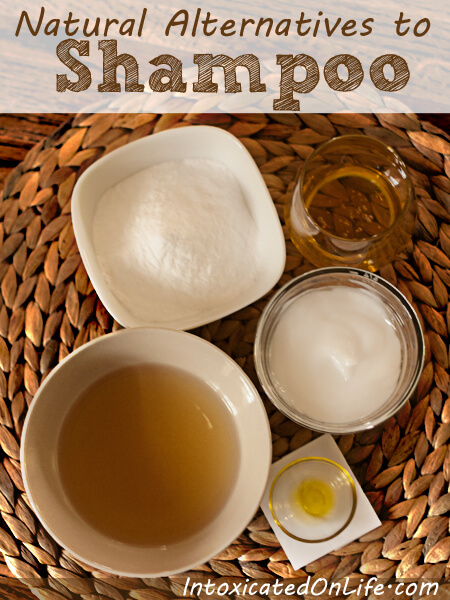Get The Scoop on Natural Laundry Detergents, Softeners, and Whiteners
In the quest for a cleaner lifestyle, many of us are turning to natural options for our everyday needs, including laundry care. With an increasing number of consumers becoming aware of the potential hazards of conventional laundry products, the shift towards natural laundry detergents, softeners, and whiteners is more than just a trend—it’s a conscious decision for health and the environment.
What Are the Best Natural Laundry Detergents Available?
When it comes to non-toxic cleaning products, natural laundry detergents are at the forefront of the eco-friendly movement. Brands like Branch Basics have made a name for themselves by creating chemical-free laundry solutions that are not only effective but also gentle on fabrics and skin. These detergents typically use plant-based enzymes and sustainable ingredients to tackle dirt and stains.
Natural detergents are often concentrated, which means you use less product per load, reducing packaging waste. The best part is that they are free from synthetic fragrances, dyes, optical brighteners, and other potential irritants. Some recommended products include Seventh Generation Free & Clear, Dr. Bronner’s Pure-Castile Soap, and Biokleen Laundry Powder.
When choosing a natural laundry detergent, it’s important to look for certifications like USDA Organic or EcoCert, ensuring that the product meets strict environmental and health standards.
How Do Natural Laundry Softeners Work?
Traditional fabric softeners often contain chemicals that can irritate the skin and harm aquatic life when washed away. Natural laundry softeners, on the other hand, use plant-based ingredients and essential oils to achieve similar softening effects without the negative consequences.
Ingredients such as vinegar and baking soda are common in homemade softeners, as they naturally neutralize odors and maintain the fabric’s integrity. Some products add aloe or plant glycerin to soften fabrics, while others use wool dryer balls to physically soften clothes without any chemicals.
Eco-friendly softeners like those offered by Ecover and Mrs. Meyers are known to use biodegradable ingredients and are often hypoallergenic, making them suitable for sensitive skin.
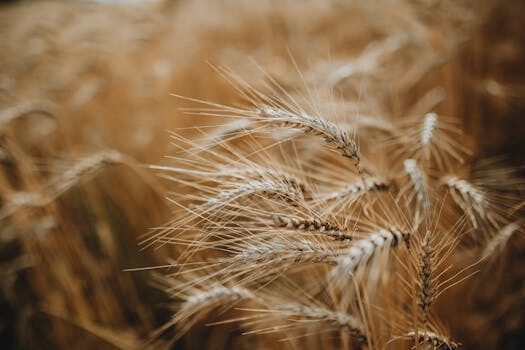
What Ingredients Should You Avoid In Laundry Products?
When scouring the shelves for laundry products, it’s crucial to be vigilant about harmful ingredients. Substances like sodium lauryl sulfate (SLS), chlorine, nonylphenol ethoxylate, and phosphates are not only harsh on the skin but also contribute to environmental pollution.
Fragrances, although they may smell pleasant, often contain phthalates, which can disrupt hormones and cause allergic reactions. Similarly, preservatives such as methylisothiazolinone can be a source of skin irritation.
Considering natural laundry detergent alternatives that work effectively is about more than just avoiding certain chemicals; it’s about making a choice for safer cleaning and overall well-being.
How Can You Use Baking Soda And Vinegar For Laundry?
- Baking soda is a natural deodorizer and can be added to the wash to freshen clothes and eliminate odors.
- Using white vinegar as a fabric softener helps remove soap residue and softens clothes without leaving any scent.
- Both baking soda and vinegar can brighten fabrics and are effective in removing tough stains when used as pre-treatments.
The combination of these two pantry staples not only cleans and softens clothes but also acts as a natural fabric softener, balancing pH levels and ensuring that clothes come out clean and comfortable.
What Are the Benefits of Using Soap Nuts?
Soap nuts, berry shells from the Sapindus tree, contain saponin, which works as a natural surfactant when agitated in water. They are eco-friendly laundry practices exemplified, as they can be composted after use and are remarkably gentle on fabrics.
These nuts are hypoallergenic and perfect for those with sensitive skin or allergies. Additionally, they are effective at all temperatures, making them a versatile and cost-effective laundry solution.

What’s more, soap nuts can be reused for multiple loads, making them a sustainable and budget-friendly choice for modern households.
Which Natural Alternatives Are Effective for Whiter Whites?
For those looking to maintain the brightness of their whites without harsh chemicals, there are several natural alternatives. Lemon juice and hydrogen peroxide are both known for their whitening properties and can be safely added to laundry cycles.
Sun drying is another effective method for natural bleaching. The UV rays of the sun can help to fade stains and brighten whites over time. Additionally, products like Eco Nuts Oxygen Booster offer a boost of natural whitening power without the use of chlorine bleach.
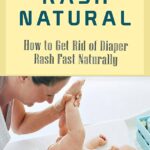 Get rid of diaper smells naturally
Get rid of diaper smells naturallyWhen combined with proper washing techniques, these natural solutions can keep your whites bright and fresh without the need for traditional whiteners.
How To Choose The Right Laundry Detergent For Your Needs?
Choosing the right laundry detergent involves more than just grabbing the nearest eco-friendly bottle. Consider your specific laundry needs, such as the level of soiling, fabric types, and any skin sensitivities in your household.
For those with babies or sensitive skin, hypoallergenic and fragrance-free options are ideal. If you deal with tough stains regularly, look for detergents with added enzymes for extra cleaning power.

Always read labels carefully to verify that the ingredients align with your values and that the product genuinely avoids synthetic chemicals. Don’t be misled by vague claims like “natural” or “green”; look for specific information and certifications that back up those labels.
Related Questions on Natural Laundry Care
What Is the Best Natural Laundry Detergent?
Identifying the best natural laundry detergent depends on individual preferences and requirements. However, some standout brands include Seventh Generation, Ecos, and Method, which offer a range of products catering to different needs, all while maintaining a commitment to environmentally responsible practices.
It’s essential to consider the type of washing machine you have, as some natural detergents are specially formulated for high-efficiency machines. User reviews and ratings can also be a helpful guide when selecting a detergent.
How Do You Make Natural Laundry Softeners At Home?
Making homemade laundry detergent or softeners is simple and cost-effective. A common recipe involves mixing white vinegar with water and adding a few drops of essential oils for a pleasant scent. Another option is to create a softening solution with Epsom salts and baking soda, which can also enhance cleaning power.
DIY softeners can be added directly to the rinse cycle or used in a fabric softener dispenser, depending on your washing machine’s design.
What Are the Most Common Harmful Ingredients in Laundry Products?
Some of the most common harmful ingredients to look out for in laundry products include ammonia, bleach, dyes, optical brighteners, and synthetic fragrances. These substances can cause skin irritation, respiratory issues, and long-term health concerns, as well as environmental damage.
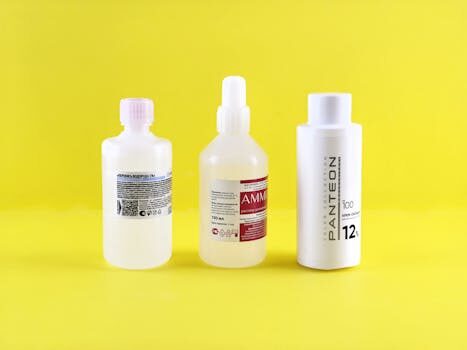
Being mindful of these ingredients and opting for effective natural stain removers and detergents is a significant step towards safer cleaning.
Can Baking Soda and Vinegar Replace Commercial Detergents?
Baking soda and vinegar can serve as effective alternatives to commercial detergents for many. Their natural cleansing properties and deodorizing action make them suitable for everyday laundry, although they may not always match the stain-removing strength of specialized detergents.
For those looking to reduce their chemical exposure or environmental footprint, these pantry staples are a viable and affordable option.
What Are the Benefits of Using Natural Laundry Alternatives?
The benefits of using natural laundry alternatives extend beyond personal health to include environmental protection. These alternatives often come from renewable resources, are biodegradable, and reduce the release of toxic chemicals into waterways.
Moreover, natural alternatives tend to be gentler on fabrics, preserving the longevity of clothing and reducing the need for frequent replacements. This not only saves money but also lessens the demand on resources and energy used in clothing production.
It’s clear that non-toxic laundry options are not just a niche market but a growing preference for those looking to live more sustainably. By making informed choices and exploring the variety of eco-friendly products available, consumers can contribute to a healthier lifestyle and a cleaner planet.
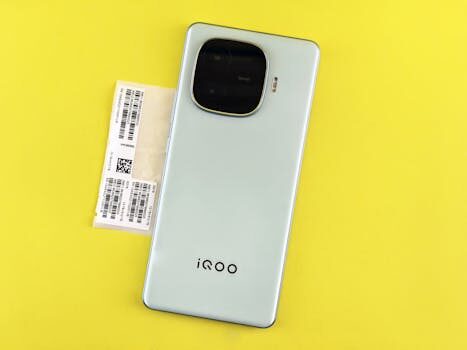
Check out this informative video on natural laundry care:
 Sanitize your home naturally without harmful fumes
Sanitize your home naturally without harmful fumes
